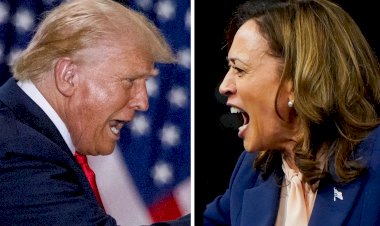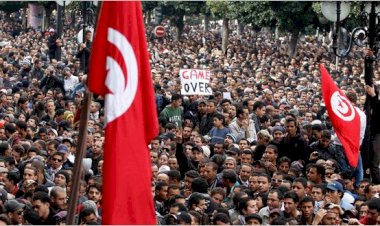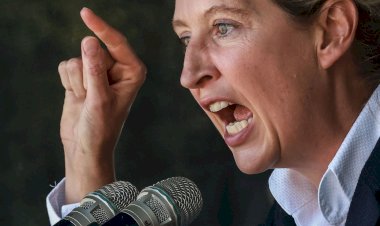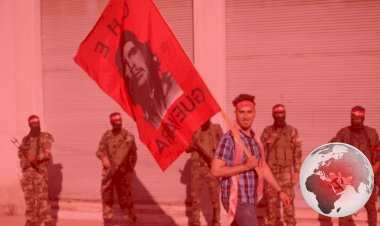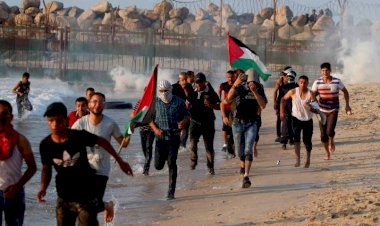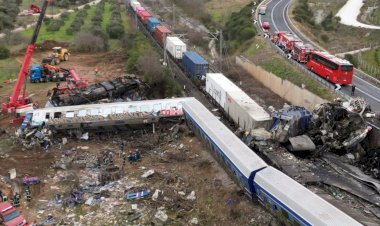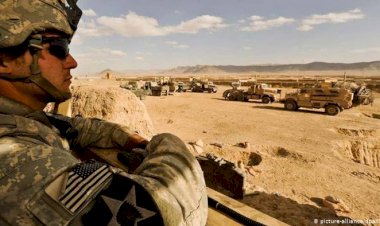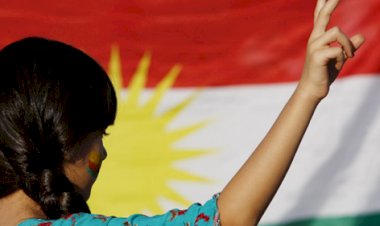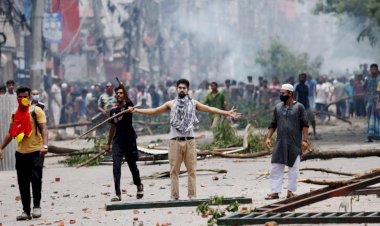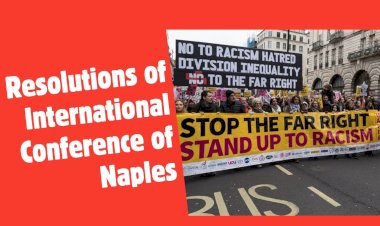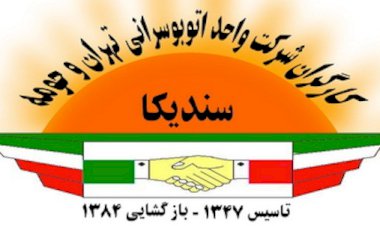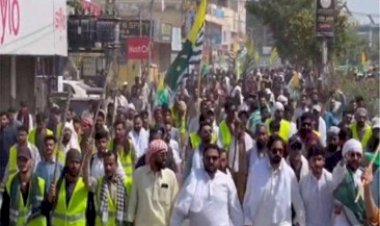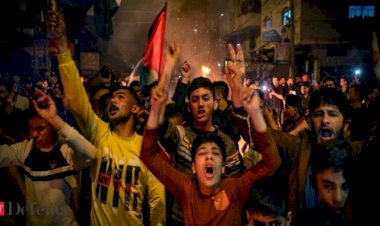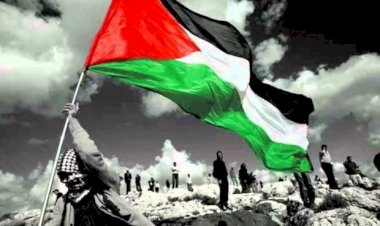On the New Kurdish Solution Process
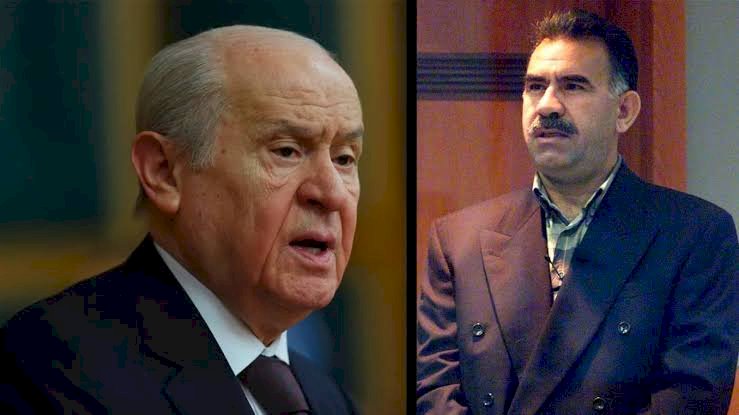
Turkey has been talking about the “new process” that started with Erdoğan’s fascist coalition partner MHP leader Devlet Bahçeli shaking hands with the leaders of the Kurdish political party DEM Party in the Parliament. We have previously said that an effort has begun to force the PKK to abandon its armed struggle and evacuate Qandil. Bahçeli himself had voiced that Öcalan would step in on this issue.
So, how should we evaluate this process? I would like to mention the principled side of the issue from the very beginning so that we have a solid perspective. It is clear to us that the process initiated by the fascist MHP leader Bahçeli is full of traps and calculations. Of course, we do not expect this process to herald a future that will allow people to live in equality and fraternity. However, the point that will determine the outcome of the process and that must be respected here is the stance taken by the Kurdish national movement and the Kurdish people. Saying “no, don’t put down your weapons” or “continue the fight” to the Kurdish people, who have suffered and paid a great price, has nothing to do with revolutionism. From our perspective, the issue is evaluated within the framework of the Kurdish people’s right to self-determination, and adopting a rejectionist attitude from the outset by citing figures like Erdoğan and Bahçeli on the opposing side cannot be the attitude of socialists and revolutionaries. How the struggle will continue from now on will be the Kurdish people’s choice. However, this attitude does not mean that we accept any steps taken by the Kurdish national movement in this direction from the beginning. At this point, it should be noted that we reserve our right to criticize and that we will continue to voice our own program.
What's Happening?
While the Middle East is being dragged into a regional civil war at a rapid pace and Iran is the target, the fact that the new process is being put into effect under Bahçeli's leadership indicated that something big was being prepared. What did we say about the aims:
- The elimination of the PKK as an armed organization. Qandil's transfer to Barzani and the placement of PKK mountain cadres in Iraq or Europe.
- The opening of the way for the AKP in terms of constitutional amendment and the extension of the political life of the Erdoğan government.
- The alienation of the Kurdish voter base, which is shifting to the CHP, the main opposition party, as the first or second party, from the CHP and names like İmamoğlu.
- The polarization of society, and divert attention amid a period when the economic crisis deeply affects workers.
Here the question arises: Why would the Kurdish national movement accept this? What can they get in return? Bahçeli's statement about Öcalan, which astonished everyone, was almost a satisfactory answer to these questions. In his speech, Bahçeli not only brought up the release of Öcalan, but also suggested that he give a speech to the DEM Party group in the Parliament. And of course, he is not speaking on his own behalf, he is bringing these issues up on behalf of Erdoğan and all state officials. This means that Öcalan has come to the DEM Party leadership openly or implicitly. What is in question is the transfer of the leadership of the Kurdish national movement to such a ground. For this reason, Öcalan is asked to make the PKK disarm. So why should the PKK leadership in Qandil accept this? When we consider Öcalan’s authority and the fact that the door has been opened for a Mandela-like return, we can see that Qandil’s capacity to resist will decrease.
In addition, it can be said that the majority of the Kurdish people have an opinion that the armed struggle does not create any progress. Symbolic figures such as Ahmet Türk have also voiced that the era of armed struggle has ended on the Turkish borders. The current status quo that oppresses the Kurds will somehow be disrupted and will find support among the Kurdish people. All these will limit Qandil's possible resistance. Therefore, it may be too early to talk, but the attack at Ankara TUSAŞ may indicate that they insist on armed struggle.
It is no secret that the state mind behind Bahçeli’s words yesterday has always wanted Qandil to be eliminated in some way. The developments in the Middle East over the last year seem to be bringing an urgency to the agenda for the ruling classes. A possible Israeli attack on Iran may reveal completely different possibilities in the Middle East, and new alliance relations may come to the fore. Therefore, the Erdogan regime wants to use Öcalan for the liquidation of Qandil, which has not been achieved through military operations so far. Although the government avoids calling this a solution process, it should be noted that we are in a new solution process, and the crux of this process is whether the Kurdish national movement will continue the armed struggle. When the PKK lays down its arms, it will also abandon its claim to be the leader of all four parts of Kurdistan. In this sense, PKK's leadership over the YPG will inevitably weaken. The AKP Turkey’s initiation of good relations with the YPG with the support of the US could also come to the agenda in this way. On the other hand, if the Iranian regime overcomes the recent troubles, Barzani's peshmerga and perhaps PJAK may be put into operation in Iranian Kurdistan. Turkey will not be disturbed by such a formation in the least. Iraqi Kurdistan will be a full ally under the leadership of Barzani and Qandil will therefore be in Barzani's hands. Nechirvan Barzani's closeness with Erdoğan is obvious.
The most important historical development among all these equations is the rise of the revolutionary worker-youth movement. Imperialist capitalist equations will never bring us equality, permanent peace, and fraternity. They are putting their own plans into effect through the new Kurdish "initiative" declared by the anti-people AKP-MHP bloc. On the other hand, the decision of whether to abandon the armed struggle is something that can be evaluated within the framework of the Kurdish people's right to self-determination. The Kurdish people, who have paid a great price and suffered great pain, will reveal their will in this direction, and this will should be respected. We revolutionary Marxists will continue to defend the Kurds’ right to self-determination, aware that the equality and freedom of the Kurdish people cannot be solved within the boundaries of the imperialist capitalist system.



